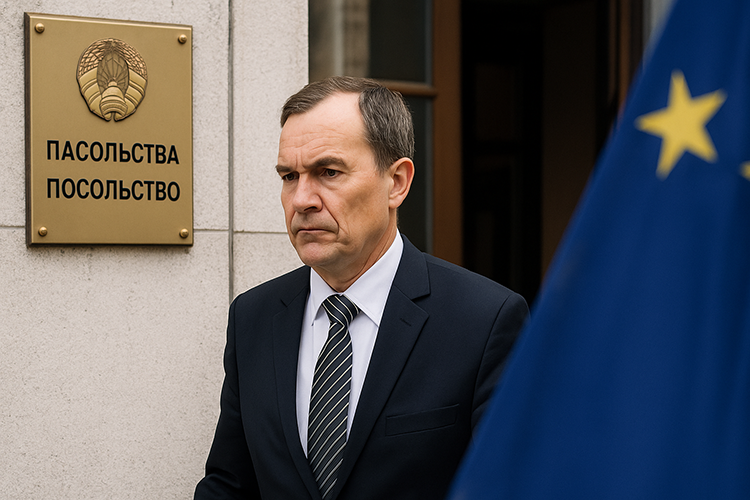2025-09-20
indicators

Belarus has ordered a Czech diplomat to leave the country within three days, escalating a row that began when Prague and Warsaw expelled Belarusian envoys earlier this month. The decision is the latest step in a dispute that has grown from allegations of espionage into a broader security standoff involving borders and military activity. Authorities in the Czech Republic and Poland said their expulsions were part of a coordinated effort to dismantle a spy network they believe was directed by Belarusian security services. Investigators in Romania and Hungary were also reported to have contributed to the probe. Czech intelligence officials argued that the network was able to function because Belarusian and Russian diplomats face few restrictions on travel inside the EU’s open borders. They have since called on Brussels and member states to tighten rules on where such diplomats can move. Minsk rejected those claims and accused Prague of long-standing hostility, describing the expulsion of its diplomats as politically motivated. In its statement announcing the removal of the Czech envoy, the Belarusian foreign ministry said the episode was a response to measures already taken by Prague and Warsaw and insisted that Minsk considered the issue resolved unless further steps were taken against it. The timing of the expulsions coincided with large-scale Russian–Belarusian military exercises, which prompted Poland to close its crossings with Belarus in mid-September. Lithuania also reinforced security on its frontier, citing the risk of incidents while the drills were underway. These moves underline how quickly espionage accusations can spill into wider security actions along NATO’s eastern flank. The sense of heightened tension was reinforced in the Baltic this week, when Estonia said three Russian fighter jets crossed briefly into its airspace near Vaindloo Island. NATO aircraft were scrambled to shadow the planes, and Tallinn summoned the Russian envoy to protest. Moscow denied any violation, insisting the aircraft remained in international airspace on their way to Kaliningrad. While airspace disputes are not new in the region, the timing—just as Belarus was trading expulsions with EU states—fed into a broader narrative of rising friction. What emerges is a picture of multiple strands converging: espionage allegations inside the EU, reciprocal diplomatic measures, military drills on NATO’s border, and contested flights in the Baltic sky. Each episode on its own might have been contained, but together they paint a picture of growing mistrust. European officials are now debating whether to introduce tighter restrictions on Belarusian and Russian diplomats, while border and air patrols are likely to remain on high alert in the weeks to come. Source: comp.

